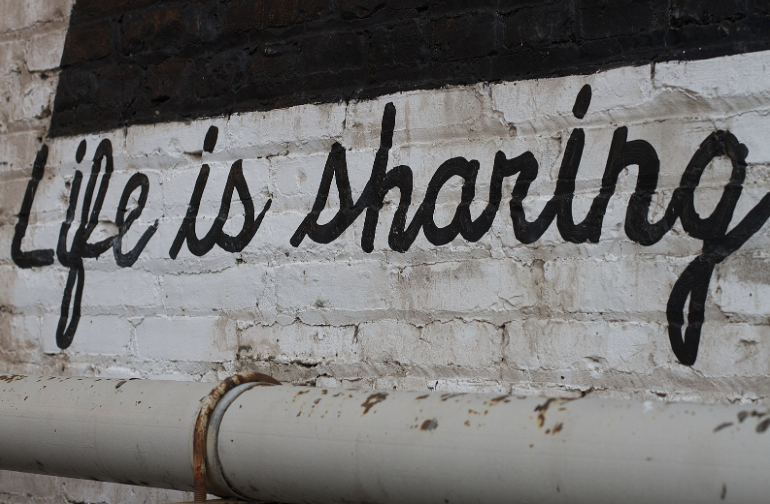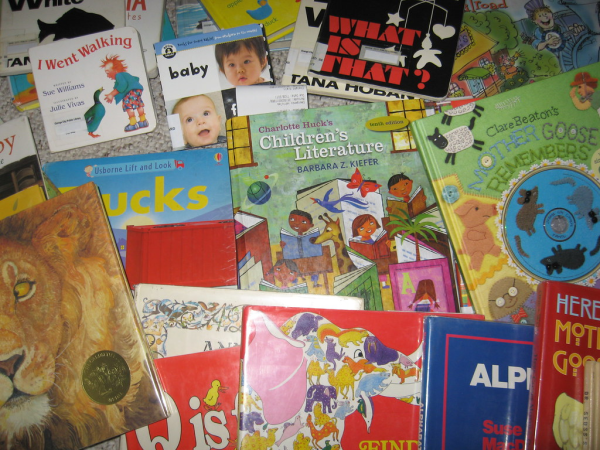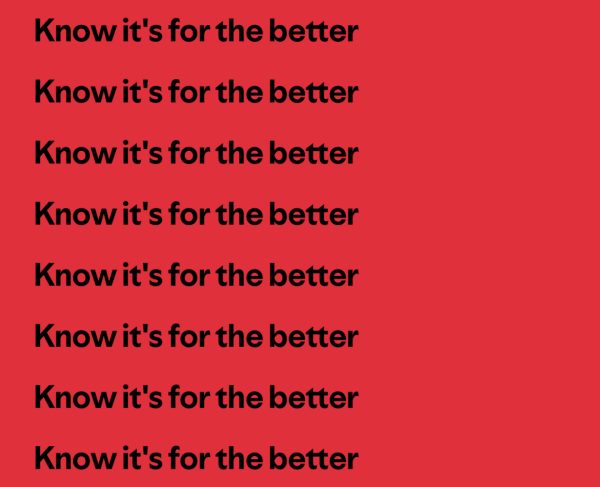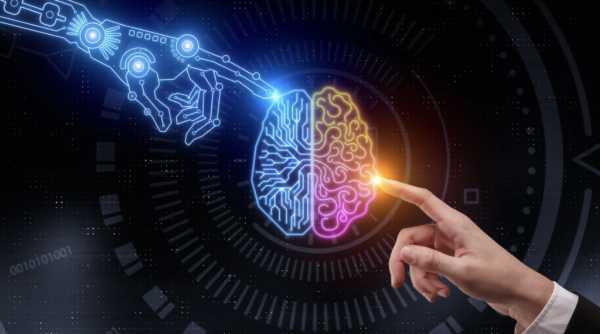The Impact of Social Experiments
Sharing out of the kindness in your heart is the best way to live life.
All over TikTok, people have started to conduct social experiments to test how giving or kind people truly are. As the days go on, the number of these types of videos grows tremendously; testing more and more people each day.
Because of how “popular” this trend has grown, many people are aware of the experiments going on. But this, in and of itself, already alters the outcomes that are meant to be observed. Experiments are supposed to test people in an impartial environment in order to record and evaluate actions.
A typical social experiment plays out in a few ways. An actor will go up to any random person, whether it be in a grocery store or mall, and either ask for spare change or food. Another version would be walking past someone and dropping something valuable, like a wallet or phone, to see if the stranger will return the object or keep it for himself.
There are a few ways a person can respond. For the first scenario, they can either say no, and not share anything, or they can say yes and give the actor what they’re asking for. For the second, they can either call out to the actor and return their belongings, or they can keep it for their own profit. If the person being tested does the desired outcome of sharing or returning the items, they are given a reward for their good deed as they are seen to be a “good person”.
Typically, the videos that are all over the internet seem to exhibit genuine people. The strangers who lend a hand are usually those who are in need themselves, or just like doing this out of the kindness in their heart. “The social experiments motivates people to be more kind since it inspires people and spreads positivity,” said senior Nicole Parsegian. These situations show how loving people can truly be and their capacity for giving and love. But, there are always the people who say no; but once revealed that they were being tested, they try to justify themselves by making excuses. They regret their choices because they lost the opportunity to get a reward.
As these experiments grow more common, many people only do the good deeds because they are prone to believe they will get something in return. Although the domino effect of these situations have a positive outcome, society’s true colors are shown; people only share their kindness when they see a personal gain.
Acting out of kindness should be the only motivation for someone who’s doing a good deed. Feeling the satisfaction of lending a hand to somebody in need should be the reward itself. “The only reward that should result from kindness is our own happiness and fulfillment,” said senior Emily Asadoorian. Without this, “kindness loses its value.” Kindness, by its definition, is offering aid without expectation, so anything other than that is not true kindness.
Being a good person by helping others loses its value when the reason for doing them becomes selfish. What happens when the next time somebody does a good deed, and they don’t get rewarded for it? With expectations like these not being met, people will begin to grow bitter. When the next opportunity to do good arrives, people are less likely to engage in helping out because the last time they did, they got nothing in return.
Society needs to take a step back from instigating social experiments like this because of the developmental mindset that it is creating. “Kindness is tenderness, generosity, thoughtfulness, and so much more,” said Asadoorian; and without it, life wouldn’t be enjoyable. It is important to be kind to others just for the sake of being kind, and not because you would receive a personal gain. The only personal gain one should worry about with these situations is the satisfaction that they may have put a smile on someone’s face for a change.
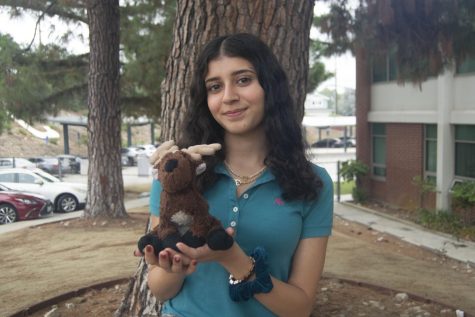
Interests/hobbies? Dance? Listening to music:)
Dream Destination? London!
In 20 years... I want a cat
Favorite Fictional Character? Brooke Penelope...



